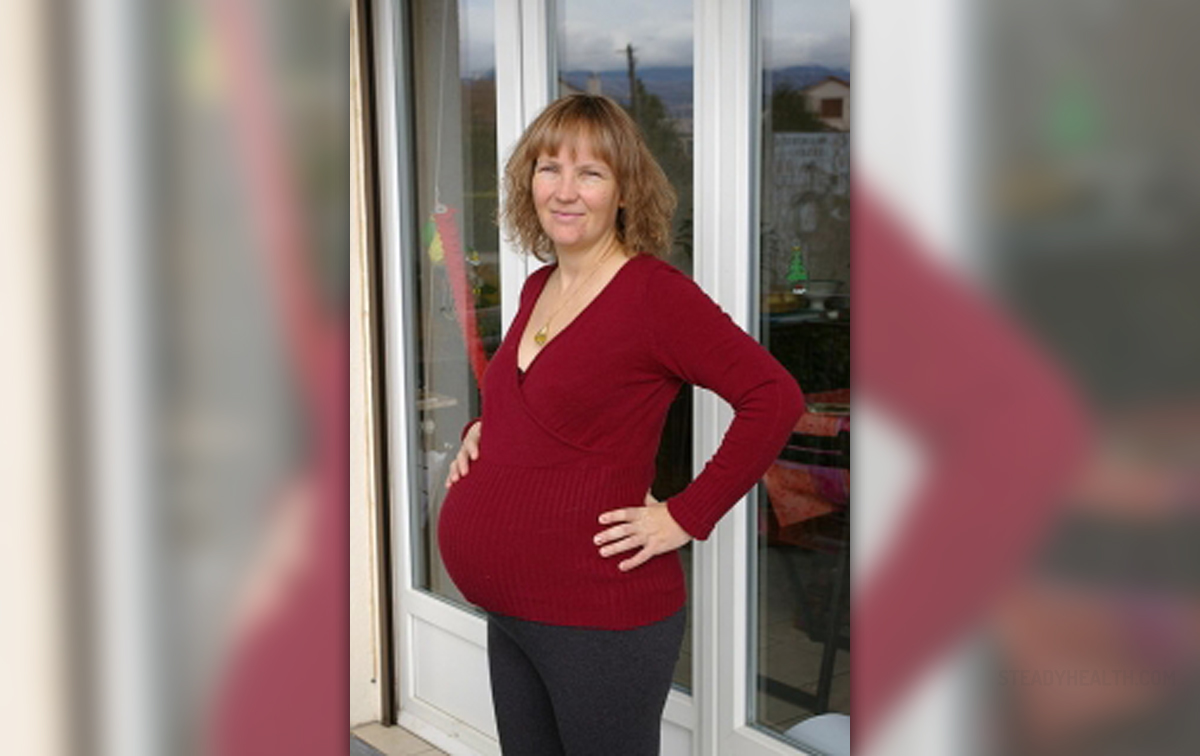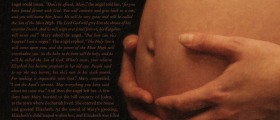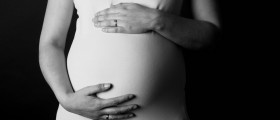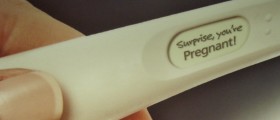
Miscarriage is, sadly, extremely common. Statistics show that one in five of pregnancies ends in miscarriage. But, if you add all the women who miscarried before they ever found out they were expecting in the first place, the figure might be as large as 50 percent of pregnancies. Having a miscarriage in your forties is unlikely to have anything to do with your age, and while a miscarriage is always painful, women above 40 have no reason to believe their chances of conceiving again are impacted by their age in a big way. Talking to your doctor about what causes miscarriage may be helpful. The exact cause of miscarriage is rarely pinpointed.
After my second miscarriage, I was told that tests would only be carried out on the fetus to find the reason after the third miscarriage, and not before. Recent studies show that women who try again within six months of their miscarry do have a larger chance of conceiving sooner, and of having a healthy pregnancy more so than those who opt to wait for longer than half a year. If you feel emotionally up to it, and your doctor gave you the green light, trying to get pregnant again as soon as you can may give you the best chances. Getting pregnant again might take a little longer once you have passed your twenties and thirties, so time is on your side if you resume your quest to have a baby now.
- www.nhs.uk/news/pregnancy-and-child/pregnancy-warning-for-older-women/
- www.betterhealth.vic.gov.au/health/conditionsandtreatments/age-and-fertility
- Photo courtesy of B. Devouard by Wikimedia Commons: commons.wikimedia.org/wiki/File:Anthere,_pregnant.jpg















Your thoughts on this
Loading...